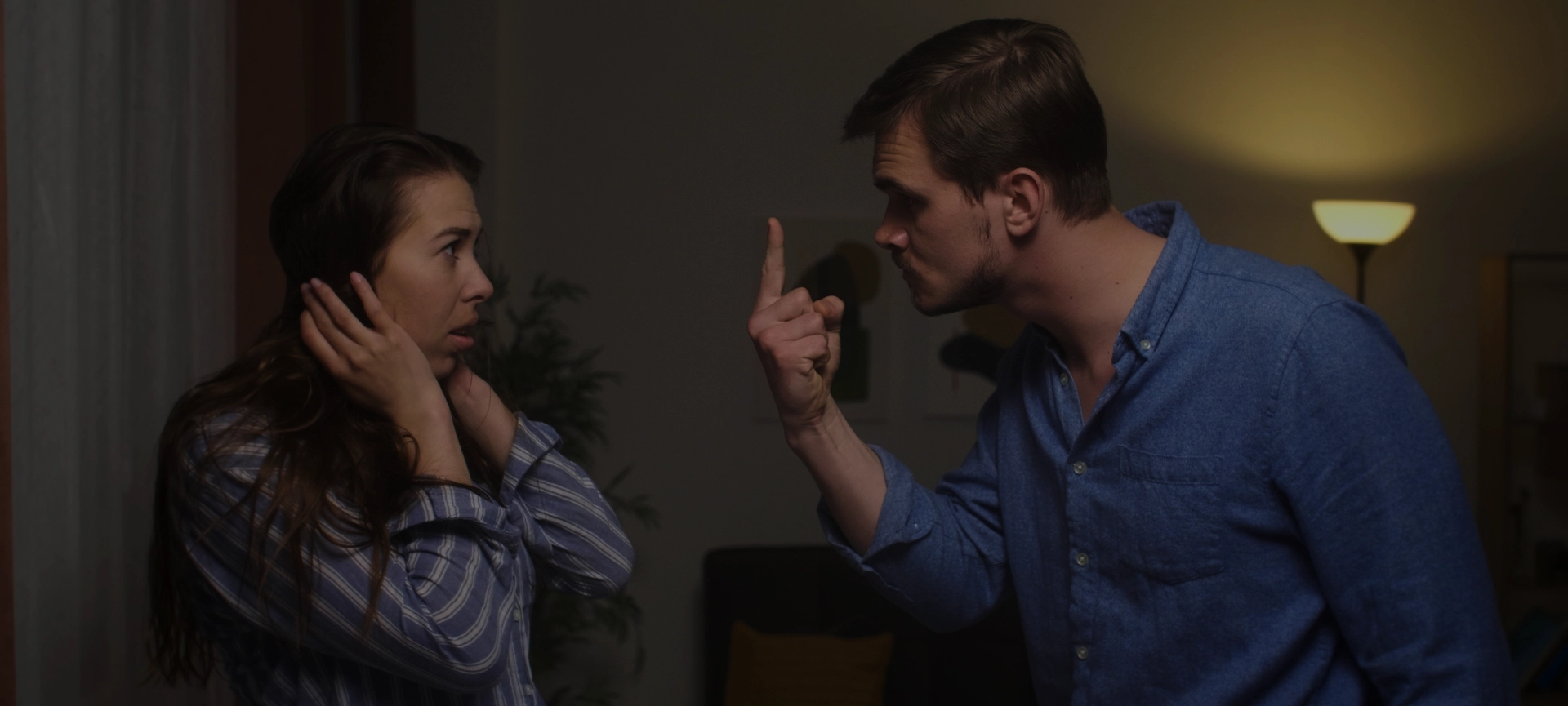If you build it, they will come.
A baseball diamond in a cornfield will soon be filled with ghosts.
An expanded highway will soon be jammed with traffic.
And a new jail will soon be filled to capacity with prisoners.
Last week, Ontario Premier Doug Ford announced that, in addition to the $500 million dollars promised for corrections in June, and a plan to upgrade old facilities and expand and improve programming and services, Ontario is building two new jails. Ford’s plan will add almost 400 new cells to Ontario’s jail system.
It seems that Ford can’t read the room. At a time when the country is talking about defunding police, decriminalizing drug possession, and treating the root causes of crime, Ford is doubling down on an expensive and counterproductive penal strategy.
Since the start of the COVID-19 pandemic Ontario has seen a double-digit percent decrease in its jail population, as thousands of prisoners have been released on bail to help stop the spread of the coronavirus behind bars. There has been no corresponding surge in crime. Our streets have not turned into a Mad Max hellscape.
But even with the reduced number of people behind bars, Ford thinks we need more jails.
There is no doubt that money needs to be spent on improving jails to bring our treatment of prisoners up to the United Nations Standard Minimum Rules for the Treatment of Prisoners.
But, we don’t need new jails or bigger jails; we need better and smaller jails.
The simple fact is that there are too many people in prison already.
We incarcerate a disproportionate number of poor, marginalized and racialized individuals. Our jails are not full because of an increase in violent crime; in fact, violent crime rates are near all-time lows. Our jails are bursting because we are locking people up for property offences, administration of justice offences and other petty crimes.
We lock people up because they are poor, homeless, addicted, sick or marginalized. Sadly, rehabilitation programming, addiction counseling, and mental health treatment are non-existent for most inmates of Ontario’s jails. The dirty secret of the justice system is that people come out of jail in worse shape than when they went in.
Our jails are inhumane factories of suffering that interfere with rehabilitation and make our communities less safe.
And we gladly pay for the privilege: almost $80,000 per year to warehouse one person.
To see why new jails are not the answer to any problem, just look at the Toronto South Detention Centre. Built at a cost of more than a billion dollars and opened in 2014, “the South” was billed as a modern miracle. Today, it is a “house of horrors.”
Last January, in a damning decision, the Ontario Superior Court ruled that conditions at the Toronto South Detention Centre were “inhumane and fail to comport with basic standards of human decency.” Inmates were often confined to crowded small cells for as long as seven days, without access to showers. Clothing and bedding were often stained with urine, feces or blood, and there were bedbug infestations and other unsanitary conditions that led to untreatable infections.
The court ruled that those conditions were a “deliberate policy choice to treat offenders in an inhumane fashion … rather than devote appropriate resources to the operation of the institution.”
Ford’s announcement from Brockville, Ont. was not really about improving jail conditions or keeping communities safe. If anything, it was about economics. Ford did not even try to hide it. He said that the new jails would “help create jobs … during construction and once the facility is built” and would “contribute significantly to our economic recovery.”
It is reprehensible that Ford would look to the prison industrial complex to fuel economic growth.
Building new jails should not be trumpeted as some sort of success; on the contrary, it is an admission of failure. Every dollar spent on extra jail capacity is a dollar that will not be spent on crime prevention, mental health workers, education or other necessary social supports.
Ford did not even have the decency to consult with the local communities as to where these new jails will be built. The mayor of Kemptville said that the municipality had only been advised of the government’s plan in the same week it was announced.
Residents of Kemptville should be outraged. Outraged they were left out of the loop. Outraged that a new jail will be built over good farmland. Outraged that the jail will be built across the street from two elementary schools and a daycare centre. And outraged that their town is being used to expand a failed and inhumane correctional system.
We should all be outraged.
Don’t listen to those who say that complaints about these new jails are “not in my backyard” whining.
The reality is that if Ford cared about keeping communities safe, if he cared about basic humane treatment, if he cared about good fiscal stewardship, these new jails would not be built in anyone’s backyard.



